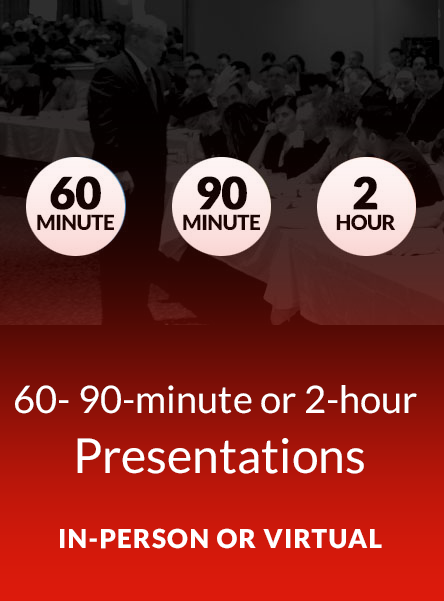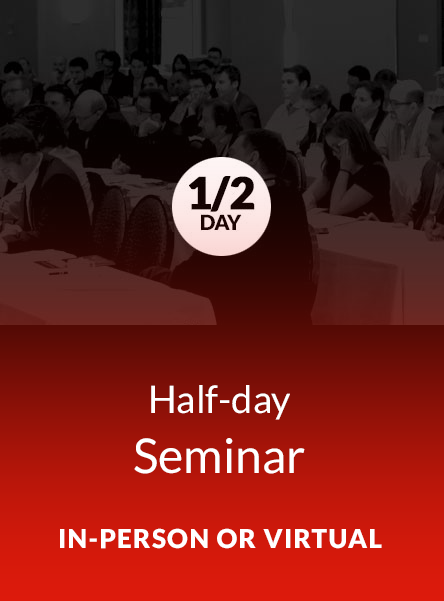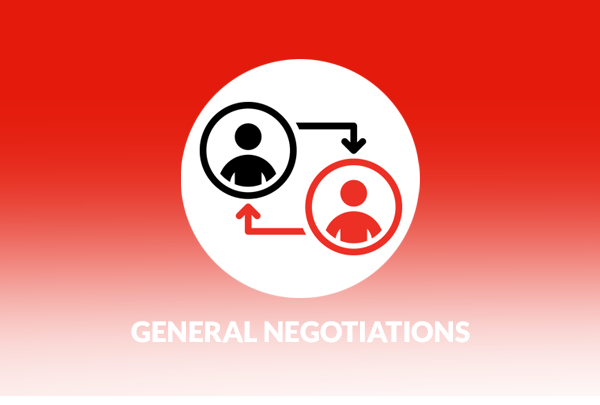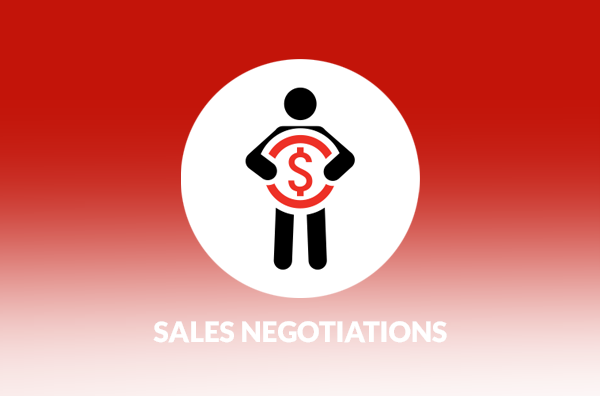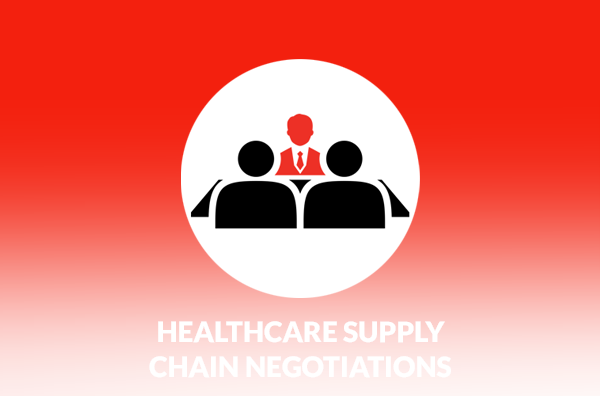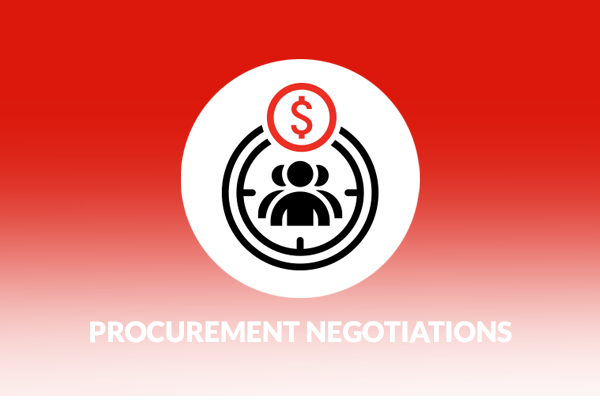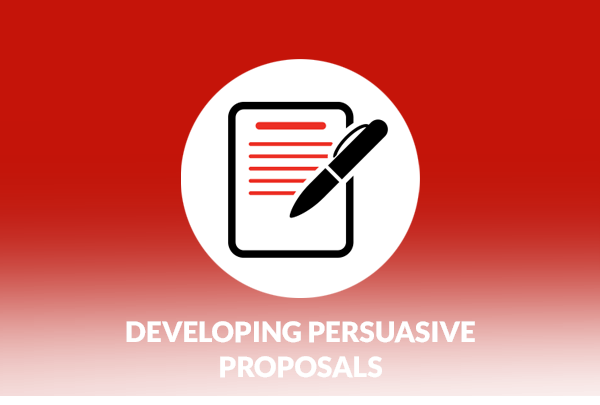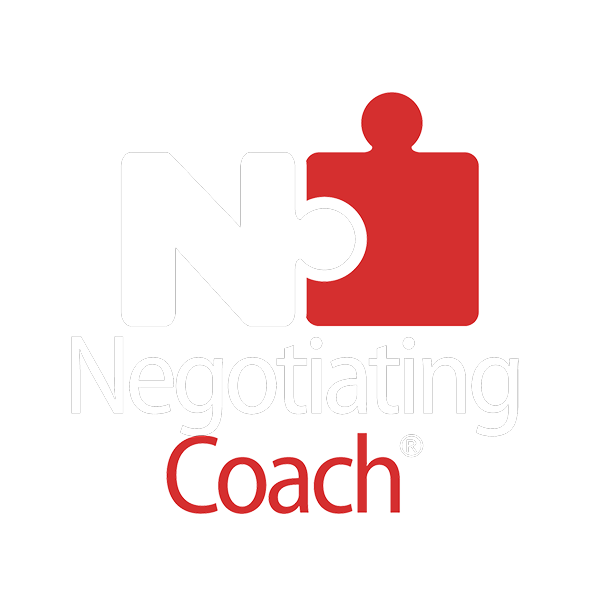PROGRAM DELIVERY
Our Negotiating Skills Training is available in the following options: 60- 90-minute or 2-hour Presentations, Half-day Seminar, One-day Seminar, and Two-day Learning Workshop. » Learn More
WHO WOULD BENEFIT
This impactful training will benefit people of varying skill and experience levels who work in sales, marketing, and relevant cross-functional roles, in any healthcare or life science organization.
TAILORED FORMAT
The Negotiating for Success: Healthcare Sales Negotiations Program is tailored to suit your organization’s time availability, budget constraints, and skill-building requirements.
Consider the following paradigm shift in the global healthcare industry and ask yourself: Can members of your sales, marketing, and relevant cross-functional team members negotiate or renegotiate effectively? Are you sure?
Whether your company sells to private for-profit, private not-for-profit, government-funded, or blended healthcare providers – sales personnel, sales agents, distributors, and cross-functional staff must become more effective negotiators to improve organizational performance, business results, profitability, and profitability outcomes. As competitive demands on business continue to increase, the expectations of executives, managers, salespeople, and cross-functional personnel will also grow.
Imagine the benefits of having members of your sales organization negotiate more effectively in almost any situation. Negotiating is an essential life skill, and it’s a learned skill. Members of your organization are constantly negotiating – with group purchasing organizations (GPOs), healthcare networks; buying groups; senior management; administration; surgeons and physicians; medical support staff; purchasing and supply chain management; co-workers; and colleagues.
Changes in healthcare policies, processes, and practices profoundly impact how healthcare products, services, and solutions are sourced, assessed, and purchased. Salespeople’s access to influence surgeons, physicians, and medical support staff can sometimes be restricted. Both power and authority in healthcare institutions are shifting to purchasing, finance, and supply chain management. Reimbursements to healthcare providers are increasingly based on the quality of care and patient outcomes – rather than on the volume of care or a per-procedure basis.
This evolving situation results in healthcare administrators and practitioners deciding to favour treatments that either decrease costs, improve patient outcomes, or both. Increasingly, therapeutic decisions that meet the above-referenced criteria are based on presenting compelling evidence to decision-makers and influencers from properly conducted clinical research. This results in relationship selling being marginalized and negotiating skills becoming critical for success.
Are members of your sales, marketing, or cross-functional organization experiencing any of the following challenges? If your answer to any of these questions is “yes,” your company needs to invest in practical, real-world negotiating skills training and education:
- Do they utilize a proven negotiating process, methodology, strategies, and tactics during all their negotiations?
- Do they need help negotiating with group purchasing organizations (GPOs), buying groups, healthcare networks, and hospital value assessment committees (VACs)?
- Do they utilize a simple, easy-to-use, and effective RFP/RFI/RFQ, bid/tender response process and tools that healthcare institutions will increasingly use?
- How are members of your sales team dealing with frequent requests for loaner equipment and consignments?
- Are they making unnecessary price concessions to keep existing business – or do they end up simply “buying” new business by making excessive or unnecessary concessions?
- Do they need help properly managing a perceived price-driven sale?
- Do they need help developing, claiming, and capturing value from healthcare customers?
- Do they “wing it” during negotiations because they are often unprepared and fail to plan appropriately for their negotiations? Do they gather the relevant information before each negotiation?
- Do they compromise too quickly and get nothing in return for their concessions?
- Are they prepared and equipped with the right negotiating gambits and corresponding countergambits to use in face-to-face, virtual or e-mail negotiations with customers?
- Are they equipped with phrases, scripts, questions, questioning techniques, and tools that can be integrated into their daily practices to counter the other side’s manoeuvres effectively?

